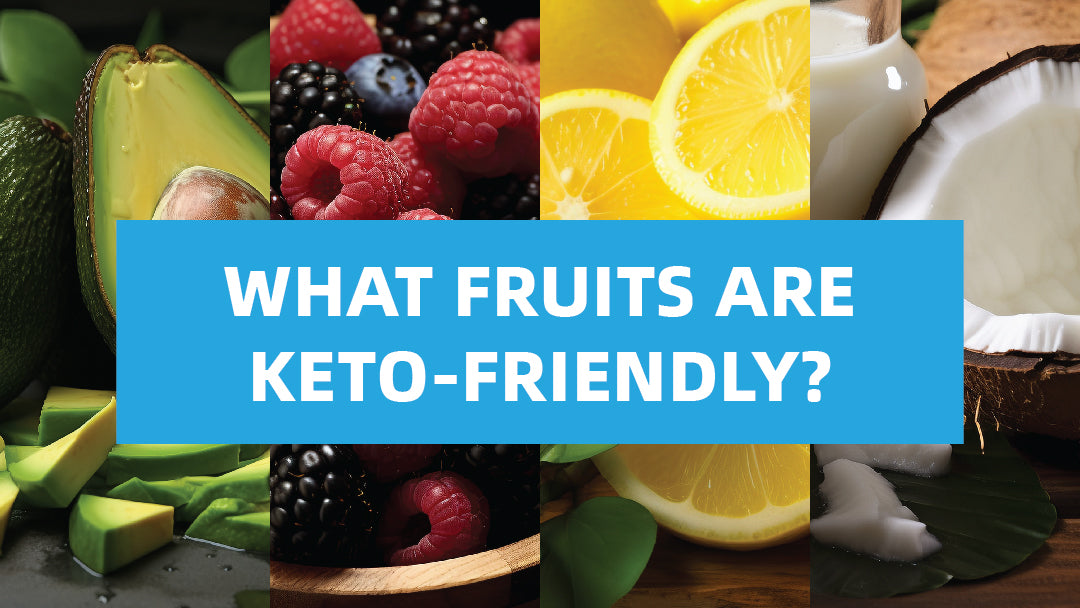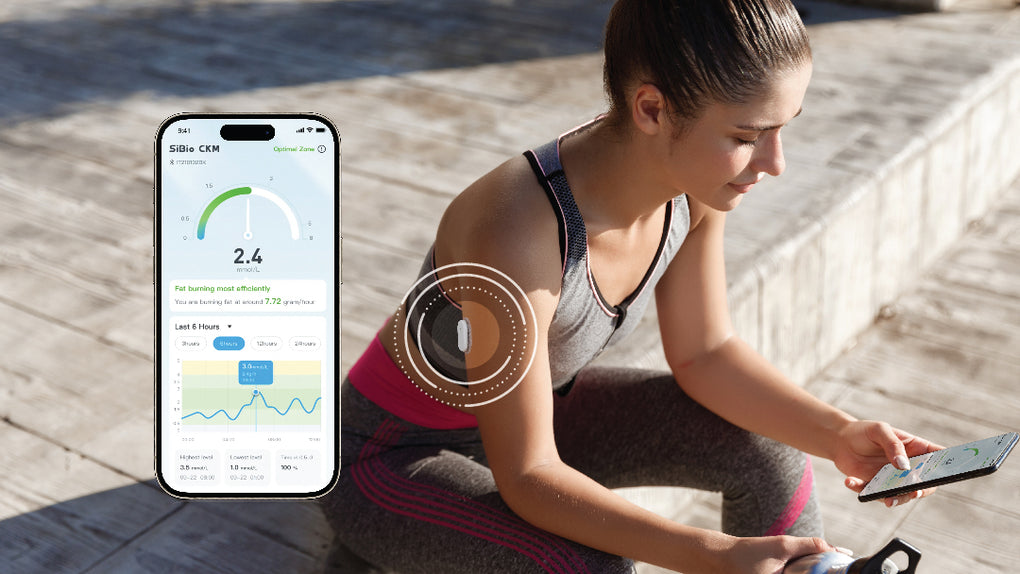What Fruits Are Keto-Friendly?

Within the scope of ketogenic diets, where the focus is on consuming low-carb, high-fat foods to trigger the body's fat-burning state of ketosis, the question often arises: Which fruits can you enjoy without derailing your keto journey? Let's explore this topic and uncover the fruits that align with your keto goals.

Image Source: https://draxe.com/nutrition/keto-fruit/
Understanding Ketosis and Net Carbs
On a ketogenic diet, the primary goal is to induce and maintain a state of ketosis, where the body relies on fat for fuel instead of carbohydrates. Consuming too many carbohydrates, especially those that rapidly spike blood sugar levels, can disrupt ketosis and hinder fat burning.
However, not all carbohydrates are created equal. While some fruits are naturally high in sugars and starches, others are relatively low in net carbs, making them suitable for inclusion in a keto diet when consumed in moderation. To calculate net carbs, you subtract the fiber content from the total carbohydrates in a food item. Since fiber isn't fully digested and doesn't significantly raise blood glucose levels, it's subtracted from the total carb count.
For example, if a fruit contains 10 grams of carbohydrates per serving and 3 grams of fiber, the net carb count would be 7 grams (10g total carbs - 3g fiber = 7g net carbs).
Keto-Friendly Fruits and Their Net Carb Content
- Avocado: Net Carbs per 100g - 2g
- Berries (e.g., strawberries, blueberries, raspberries): Net Carbs per 100g - 5-10g
- Coconut: Net Carbs per 100g - 6g
- Tomatoes: Net Carbs per 100g - 3-4g
- Lemons and Limes: Net Carbs per 100g - 6-8g
- Olives: Net Carbs per 100g - 3g
- Rhubarb: Net Carbs per 100g - 2-3g
These fruits boast relatively low net carb counts, making them compatible with a ketogenic diet when consumed mindfully.

Image Source: https://www.verywellhealth.com/the-coconut-allergy-diet-guide-1324149
In contrast, some fruits are higher in net carbs and are best avoided or consumed sparingly on a ketogenic diet. These include:
- Bananas: Net Carbs per 100g - 20-25g
- Grapes: Net Carbs per 100g - 16-18g
- Mangoes: Net Carbs per 100g - 15-20g
- Pineapple: Net Carbs per 100g - 13-15g
- Apples: Net Carbs per 100g - 10-15g
These fruits contain higher amounts of natural sugars and starches, which can quickly add up in carbohydrate count and potentially kick you out of ketosis if consumed in large quantities.
Monitor Ketones with SiBio Sensor for Optimized Insights
Maintaining ketosis on a low-carb diet requires monitoring to ensure nutritional effectiveness and timely adjustments. The SiBio KS1 Continuous Ketone Monitoring (CKM) System enables this through its wearable biosensor. Seamlessly connecting to the SiBio APP via Bluetooth, it provides precise ketone readings every 5 minutes for 14 days of uninterrupted use.
Contrary to finger prick tests, the waterproof KS1 sensor monitors your ketosis state seamlessly during your daily activities. Examining patterns over multiple days of monitored ketone data offers profound insights into the impact of diet and lifestyle on ketone levels. Valuable real-time visibility into metabolic changes allows individuals to make more informed decisions, and keep reaping the benefits of ketosis.
Conclusion
In summary, while fruits are generally considered to be healthy options, not all are compatible with a ketogenic lifestyle. By prioritizing low net carbs, keto-friendly fruits such as avocado, berries, and coconut, you can enjoy the nutritional benefits of fruit without jeopardizing your ketosis.
Additionally, by incorporating advanced technology like the SiBio Ketone Sensor into your routine, you can gain valuable insights into your metabolic health and optimize your ketogenic journey for long-term success.
FAQs:
Q: What are the keto fruit rules?
A: The main rules for eating fruit on a keto diet are to focus on lower sugar, higher fiber options and watch your portions. Choose berries, avocado, and citrus fruits which have 5-10g net carbs or less per serving. Limit higher carb fruits like bananas and pineapple to occasional treats of 1/4-1/2 cup. Pair fruits with fats and track intake to stay within your daily net carb goal.
Q: What are 3 categories carbs can be broken down into?
A: Carbohydrates can be categorized into three main groups: sugars, starches, and fiber. Sugars include simple sugars like glucose and fructose found in fruits and table sugar. Starches are complex carbohydrates found in foods like grains, potatoes, and legumes. Fiber, also a type of carbohydrate, is found in fruits, vegetables, whole grains, and legumes.
Q: What is the most filling fruit?
A: Avocados tend to be one of the most filling fruits due to their high fat and fiber content. Other options that can help satisfy and prolong fullness include apples, grapefruit, and berries which provide volume for relatively few calories and carbohydrates.
Q: Can you eat papaya on keto?
A: In moderation, papaya can be included on a keto diet. One cup of papaya contains around 11g of net carbs. Its nutrients include digestive-aiding enzymes and antioxidant compounds. The best approach is to enjoy 1/4 cup or less of papaya a few times per week. Be mindful that overdoing it could potentially kick you out of ketosis due to the natural sugars. Tracking intake and ketone levels can help determine individual tolerance.





